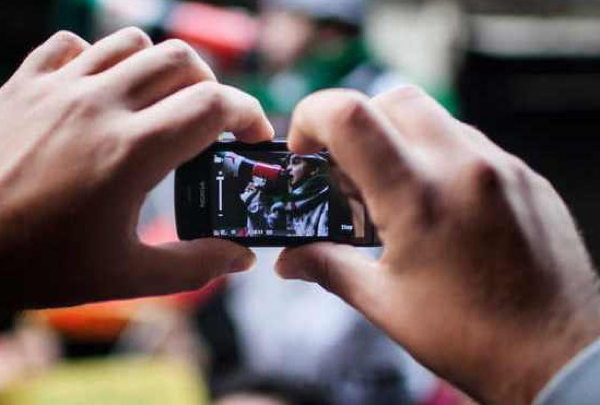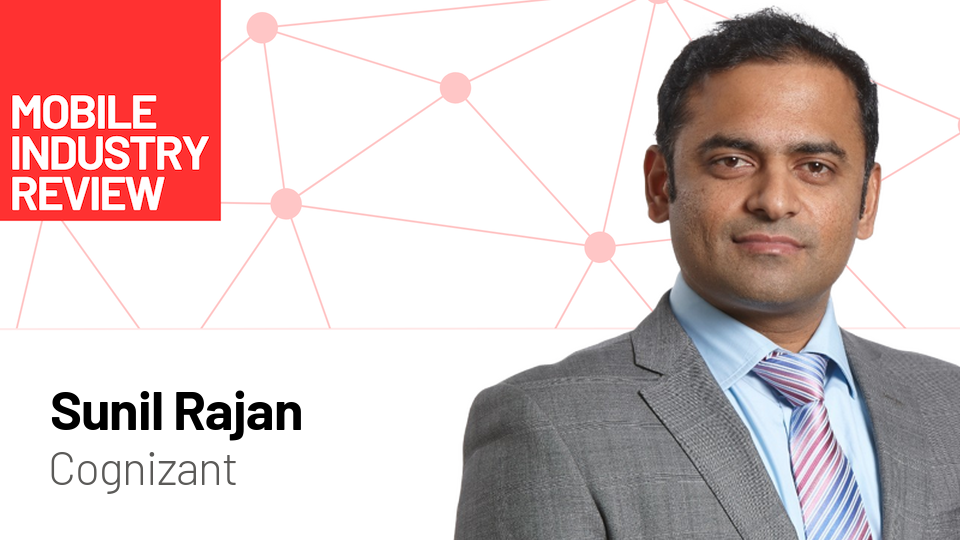Smartphones and social media: driving political revolution

Do you remember what it was like before smartphones and social media? Some might say that not much has changed, but young adults and anyone in their twenties would almost certainly disagree.
Michael Saylor, the author of The Mobile Wave and CEO of MicroStrategy says that “The Agricultural Revolution took thousands of years to run its course. The Industrial Revolution required a few centuries. The Information Revolution, propelled by mobile technology will likely reshape our world on the order of decades”, but that “despite the turbulence ahead, we live at one of the greatest times in history. Software will suffuse the planet, filling in every niche, and exciting opportunities will lie everywhere.”
In the UK, the number of people in the smartphone who own a smartphone is staggering. Even as far back as 2011, Ofcom reported that 37% and 60% of teens would describe themselves as addicted to their smartphones. That figure is likely to be even higher now.
With constant innovations, our smartphones are becoming smarter and we increasingly depend on them for both work and our social lives. We use them to read the news, post on social media sites such as Facebook, take photos and even keep in touch. But apart from the frivolous uses we all find for our phones, the power of mobiles and the Internet goes a lot further.
Uprisings driven by social media
The Arab Spring, which started in December 2010, heralded the dawn of a new political landscape, but it was powered by young activists who used the Internet and social media to communicate without being censored by the government.
Large demonstrations, like those in Egypt, were also largely coordinated using social media, particularly Facebook and Twitter. People used them to organise and rally support, as well as acting like a kind of digital document of activities, complete with video footage and eyewitness accounts.
Time magazine noted several years ago that “Facebook is now the third largest country on earth and surely has more information about its citizens than any government does”, and that “Zuckerberg, a Harvard dropout, is its T-shirt-wearing head of state.”
The Internet enabled ordinary people around the world to follow all the action via text messages, photos and videos, which provided a real view of the happenings on the street, at least compared to the traditional media outlets.
Revolution in Hong Kong
More recently, the pro-democracy movement in Hong Kong highlighted the power of smartphones and social media. But it wasn’t just those tools which fired the protests – some of the items in the ‘protestor’s kit’ included an umbrella, a towel, shorts, and even Post-It notes.
In the Admiralty business district, which saw the biggest protests, there were walls of colourful Post-It notes pinned up, plastered with statements such as “why are we here?”.
But the smartphone allowed them to attempt to avoid interference with social media, through the use of apps. For example, more than 100,000 people in Hong Kong downloaded the FireChat app which lets phones connect through Bluetooth, meaning that communication is still possible without Wi-Fi and cellular connections.

Tunisians spread the word online
Tunisia has around 10 million permanent residents and 2 million expats. Many of these use technology on a daily basis. It’s estimated that more than 85% of the populace owns a cell phone (but only 5% smartphones) and more than 2 million use Facebook. Twitter had just a tiny amount of users when the revolution occurred, at around 500 people.
The pro-democracy movement became a viral phenomenon almost overnight, and as more people gathered most of the online action took place on Facebook (which is much more popular in Tunisia than Twitter). Facebook allowed for photos and videos posted that quickly spread and encouraged others to make a stance and join the protests. But as the government attempted to counter using its own media channels, the Internet still allowed the population to get stories out through the cracks.
As the government broadcast protests in favour of then-President Ben Ali, the activists responded with their own videos of the same event showing that few people had showed up. Of course, the government had strategically places cameras to make it appear like a much larger rally than the reality.
The smartphone: an important innovation for journalism?
Many people believe that the smartphone is the most important innovation for journalism in recent years. Twitter, Facebook and other social networks are of course used to share information, but the smartphone is responsible for revolutionising how the information is collected and distributed to the masses. For example, in during the protests in Egypt, almost all protesters would take their phones into the streets to create first hand reports, and upload them to Facebook and YouTube.
“It’s a computer, word processor, still and video camera, recorder, editor, phone and satellite uplink in one” – anon.
The low cost of phones has also helped them gain wider adoption in the middle east and Arab world, but they remain too expensive for everyone.
According to Naila Hamdy, an assistant professor of journalism at the American University of Cairo, around 15% of Egyptians used smartphones, but some of the key organisers used them to “tweet messages to mobilise and organise protests…they also used them to capture video and live streams of Tahrir Square moments”.
The participants who did own smartphones, who would have simply been a part of the crowd, were turned into citizen journalists just by carrying their devices, recording and documenting the protests.
How real was the influence?
Although the impact of smartphones and social networks in revolutions all over the world looks undeniable at first, some have downplayed their importance, particularly in the Arab Spring. Malcolm Gladwell from the New Yorker stated that many revolutions have occurred before the technologies we enjoy today existed.
He says that the Iranian protestors in 2009 didn’t use Twitter as a tool, despite the claim by western journalists that they did. Why were the Twitter posts all in English and not Farsi, for instance? But others, such as Clay Shirky from New York University argue that the advancements in mobiles and the Internet have impacted events. “Digital networks have acted as a massive positive supply shock to the cost and spread of information, to the ease and range of public speech by citizens, and to the speed and scale of group coordination”, according to his article in Foreign Policy magazine.
Gladwell questions whether there would have been protests without smartphones and social media, but Shirky argues that advances in technology simply helped the cause of the protestors and rebels. For example, Egyptians were able to prove that the tear gas used against them originated in the US, a smartphone user was able to take a photo and upload it as proof.
Conclusion
Social media and smartphones have enabled anyone to engage in political protests and uprisings, in many cases people that would have ordinarily not done so. While it’s now possible to share political opinions in an instant, it can also reduce their impact as it’s easy to just copy someone’s opinion and add your own video or comments.
Today, online protests and activism can work in tandem with street protests, and even though social media and smartphones can frivolous at times, they have become powerful tools that have influenced the political arena in the Arab world and elsewhere.
But the vast majority will no doubt continue to use smartphones for playing Angry Birds, taking selfies and posting mundane pictures of food…








